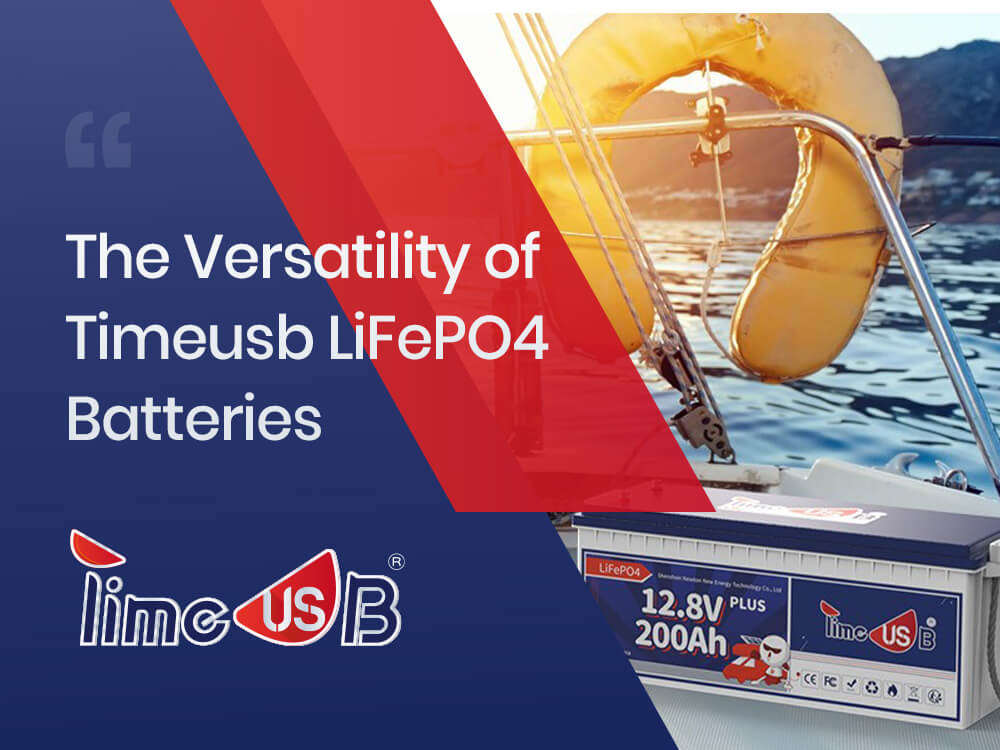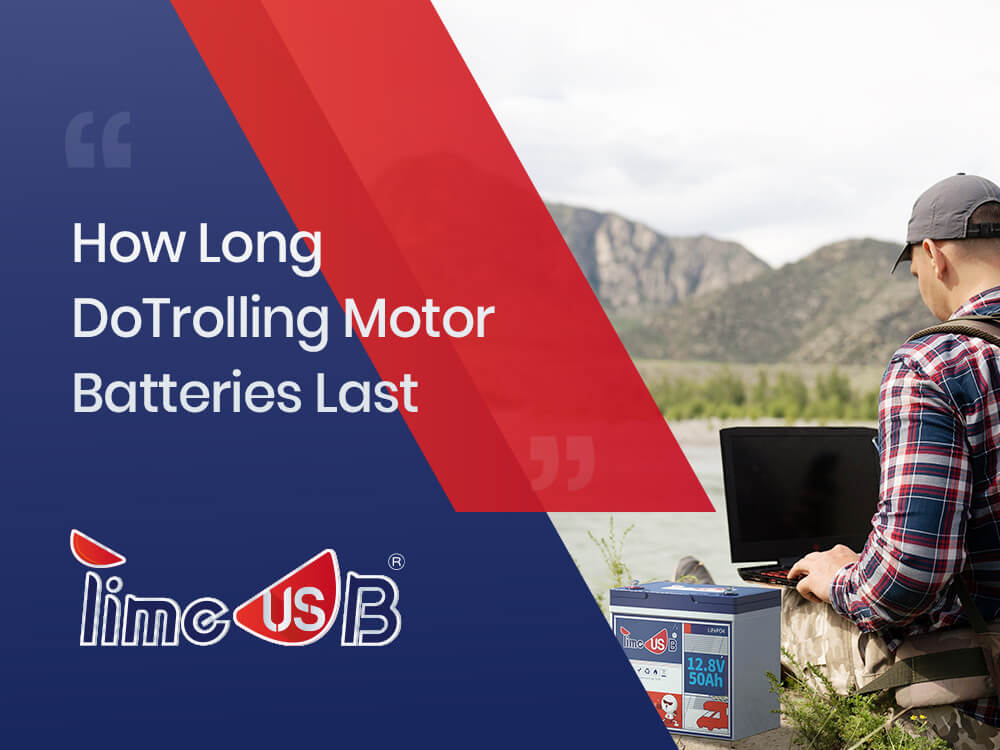Differences On Marine Deep Cycle And Starting Battery (Full Guide)

As a boat owner, choosing the right battery for your vessel is crucial. Two common options are marine deep cycle and starting batteries. While they may appear similar at first glance, there are key differences between them that you should know before making your purchase.
What is a Marine Deep Cycle Battery?
A marine deep cycle battery is designed to provide a consistent level of power over an extended period of time. It can be charged and discharged many times without being damaged, making it ideal for applications where long-lasting power is required. These types of batteries are commonly used in boats, RVs, golf carts, and solar energy systems.
One of the advantages of marine deep cycle batteries is their ability to provide sustained power output. They can also withstand repeated deep discharges and have a longer lifespan than other types of batteries, which makes them an excellent choice for boaters who require reliable power over extended periods.
Types of Marine Deep Cycle Batteries and Why LiFePO4 is the Most Recommended
Lead-Acid Batteries
Lead-acid batteries have been the most commonly used marine deep cycle batteries for decades. They are affordable and readily available. However, these batteries have many disadvantages. They are heavy, take up a lot of space, and require regular maintenance. In addition, they have a limited lifespan and can only be discharged to a certain level without damaging them.
AGM Batteries
AGM (Absorbent Glass Mat) batteries are an improvement over lead-acid batteries. They are spill-proof, maintenance-free, and can withstand vibration and shock. They are also more efficient than lead-acid batteries and can deliver more power over a shorter period. However, their main disadvantage is that they are more expensive than lead-acid batteries.
Flooded Batteries
Flooded batteries are similar to lead-acid batteries, but they require more maintenance. They need to be regularly checked for water levels, and the water must be distilled. They arelso prone to leaking and can emit harmful gases if not adequately vented.
LiFePO4 Batteries
LiFePO4 (Lithium Iron Phosphate) batteries are the newest type of marine deep cycle battery and are rapidly gaining popularity. They are lightweight, compact, and have a longer lifespan than other types of batteries. Normally, LiFePO4 batteries has 2000 life cycles, but Timeusb's LiFePO4 batteries have the life cycle up to 4000 - 15000, which means they can be used more than 10 years.
They also offer faster charging times, higher discharge rates, and can be discharged to a lower level without being damaged.
In addition to these advantages, LiFePO4 batteries are also safer than other types of batteries because the protection of battery management system (BMS). They are less likely to overheat, catch fire or explode. They also have a lower self-discharge rate and can maintain their charge for longer periods.

LiFePO4 batteries may be more expensive than other types of marine deep cycle batteries at the outset. However, their longer lifespan and superior performance make them a cost-effective solution for boaters in the long run. They also require less maintenance, making them a more convenient option.
What is a Marine Starting Battery?
On the other hand, a starting battery is designed to deliver a large amount of power quickly, but for a short duration. They are intended to get engines started and do not provide sustained power like a marine deep cycle battery does. Starting batteries are often found in cars, trucks, and boats with small engines.
One of the advantages of starting batteries is their rapid discharge rate. They can deliver a large amount of power quickly, which is essential when starting an engine. However, they have a shorter lifespan than marine deep cycle batteries due to their design.
Differences between Marine Deep Cycle and Starting Batteries
There are several key differences between these two types of batteries:
Construction
Marine deep cycle batteries are constructed with thicker plates, which allows them to handle repeated discharging and recharging cycles. Starting batteries, on the other hand, have thinner plates, which makes them more susceptible to damage with repeated deep discharges.
Marine Deep Cycle Batteries:
- Marine deep cycle batteries are designed to provide a steady and consistent supply of power over an extended period of time.
- They are constructed with thicker plates and more active material than starting batteries, making them more durable and longer-lasting.
- They are optimized for deep discharges and recharges, making them ideal for use in boats that require continuous power for accessories like trolling motors, fish finders, and radios.
- They have a lower cranking amperage (CCA) rating than starting batteries, which means they are not well-suited for quickly starting an engine.
Power Output
Marine deep cycle batteries deliver power consistently over an extended period of time, whereas starting batteries provide a large amount of power quickly but for a shorter duration.
Marine Deep Cycle Batteries:
- Marine deep cycle batteries are designed to provide a consistent and steady supply of power over an extended period of time.
- They have a lower cranking amperage (CCA) rating than starting batteries, typically ranging from around 400 CCA up to about 1000 CCA, which means they are not well-suited for quickly starting an engine.
- They typically have a lower overall power output than starting batteries but are better suited for slow and steady power delivery over an extended period of time.
- They are optimized for deep discharges and recharges, making them ideal for use in marine applications that require continuous power for accessories like trolling motors, fish finders, and radios.
Charge and Discharge Cycles
Marine deep cycle batteries can be discharged and recharged many times without being damaged, while starting batteries are designed to withstand only a few deep discharges before they begin to deteriorate.
Marine Deep Cycle Batteries:
- Marine deep cycle batteries are designed to handle regular deep discharges and recharges, which means they can be discharged down to 50% or more of their capacity before being recharged.
- They are optimized for long discharge times, which means they can deliver a steady supply of power over an extended period of time.
- They typically have a longer lifespan than starting batteries because they are constructed with thicker plates and more active material that can withstand repeated deep discharges and recharges.
Marine Starting Batteries:
- Starting batteries are designed to deliver a high burst of power for a short period of time, so they are not designed to handle regular deep discharges and recharges.
- They are optimized for short discharge times, which means they can quickly deliver a large amount of power to start an engine.
- If a starting battery is regularly discharged below 20-30% of its capacity, it can significantly reduce the battery's lifespan.
Price
Marine deep cycle batteries typically cost more than starting batteries due to their construction and design.
Maintenance Tips for Marine Batteries
Regular maintenance is necessary for both marine starting and deep cycle batteries, in order to ensure their longevity and peak performance. Here are some tips on how to maintain your marine batteries:
- Clean the battery terminals on a regular basis to prevent corrosion from building up.
- Check the fluid levels regularly for flooded batteries and add distilled water as needed.
- Use onboard chargers or smart chargers designed specifically for marine use to charge your batteries.
- During the offseason, store your batteries in a cool and dry location.
- If you are using LiFePO4 batteries, you may experience less terminal corrosion, but it is still important to learn how to properly maintain these batteries.
FAQs about Marine Deep Cycle and Cranking Batteries
1. Can I use a marine deep cycle battery as a starting battery?
While it is possible to use a marine deep cycle battery as a starting battery in some cases, it is not recommended. Deep cycle batteries are not designed to deliver high levels of power quickly like starting batteries are, so using them as a starting battery may cause damage to the battery and reduce its lifespan.
2. Can I use a starting battery as a marine deep cycle battery?
No, starting batteries are not designed for sustained use over an extended period of time like deep cycle batteries are. Using a starting battery as a deep cycle battery may cause damage to the battery and reduce its lifespan.
3. How long do marine batteries last?
The lifespan of a marine battery depends on several factors, including the type of battery, frequency of use, charging and discharging habits, and maintenance practices. On average, a marine battery can last anywhere from 1-7 years. But if you use LiFePO4 batteries like Timeusb, it can be used for longer.
4. How often should I charge my marine battery?
It is recommended to charge your marine battery after each use if possible. If the battery is not being used regularly, it should be charged at least once every three months to prevent sulfation and maintain its performance.
5. How do I dispose of old marine batteries?
Marine batteries should be disposed of properly at a recycling center or hazardous waste facility. They contain toxic chemicals and materials that can harm the environment if not disposed of correctly.
6. Can I mix different types of batteries on my boat?
It is not recommended to use different types of batteries on your boat, as they have different characteristics and may not work well together. Mixing batteries can cause damage to your electrical system and reduce overall performance.
Conclusion
This article provides a comprehensive comparison of marine deep cycle and starting batteries, highlighting their key differences. If you require reliable deep cycle batteries, Timeusb offers trustworthy options. If you have any further questions, please don't hesitate to contact service@timeusbpower.com for assistance.



![[Full Guide] The Comprehensive Guide to LiFePO4 Battery Life](http://www.timeusbpower.com/cdn/shop/articles/The_Comprehensive_Guide_to_LiFePO4_Battery_Life_757d2749-9468-4739-ac83-0960c27749b0.jpg?v=1722918256&width=1080)
